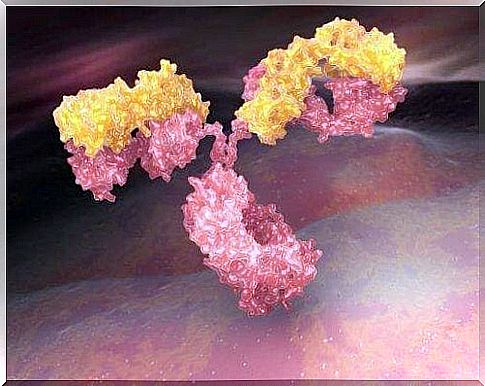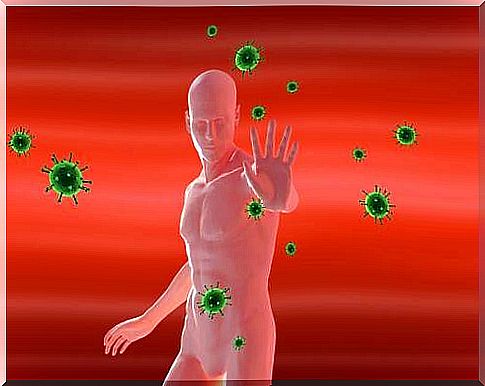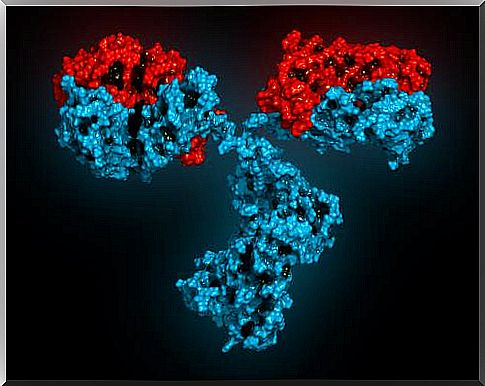What Are Antibodies? Short Explanatory Guide

What are antibodies? They are a special group of molecules that protect the body against the invasion of microorganisms, such as viruses and bacteria, by recognizing them and cataloging them as foreign bodies. Therefore, it is important for the body’s immune system to function optimally at all times to avoid getting sick.
What are antibodies and why are they synthesized?

Antibodies are the molecules through which the immune system acts and defends the body against infectious agents. These are also called immunoglobulins. Their synthesis is dependent on certain specialized cells that are part of the immune system. The body produces a greater amount of antibodies when it identifies antigens.
Antigens are present in infectious agents such as bacteria, viruses, fungi, etc. Studies in this field have found that these proteins are synthesized by B cells or certain plasma cells.
The human body’s immune system is highly accurate. Therefore, it produces different antibodies or immunoglobulins for each type of antigen. This ensures our survival. But the reverse of the medal translates into autoimmune diseases, when the antibodies categorize the cells of the patient’s body as “foreign”. As a result, they begin to neutralize them, destroying healthy cells as if they were pathogens.
Immunoglobulins or antibodies move in the body through the blood. In this way, they can travel quickly to where the antigens have been identified, in order to destroy them. For this reason, doctors require blood tests to detect antibody levels. Other methods of detection, based on saliva or cerebrospinal fluid, may also be used.
Types of antibodies

Now that we know what antibodies are, let’s see what their classification is. Depending on their characteristics and functions, we can distinguish several types of immunoglobulins or antibodies:
-
Immunoglobulins G or IgG
Overall, this is the most common type of antibody in the human body. They inoculate and protect children from birth. This is because these antibodies are present in the mother’s placenta. Therefore, immunoglobulins G or IgG are transferred from mother to fetus.
This type of antibody is present in our body throughout life. They play an important role in performing various functions, such as activating phagocytes, cells that kill pathogens by phagocytosis.
-
M or IgM immunoglobulins
These molecules can form a circle-like structure with up to 10 antigen-binding components. In general, they are the first to come into contact with newly identified antigens. They have the ability to activate or support the action of macrophage (phagocyte-like) cells.
-
Immunoglobulins A or IgA
This means that they can appear alone or in groups of up to two antibodies. They have a huge role in fulfilling the immune function of mucous membranes (which produce breast milk, blood, mucus, tears and others).
These immunoglobulins consist of two solid chains and two thin chains. Unlike the antibodies mentioned above, E or IgE immunoglobulins are usually found in mast cell membranes. Therefore, they usually live in the tissues of the body.
These antibodies form polymers that bind to antigen molecules. They make up about 1% of the proteins present in the plasma membrane of B cells.
We hope this article about antibodies was interesting and informative. If in doubt, please contact your doctor for more details on antibodies or immunoglobulins.









